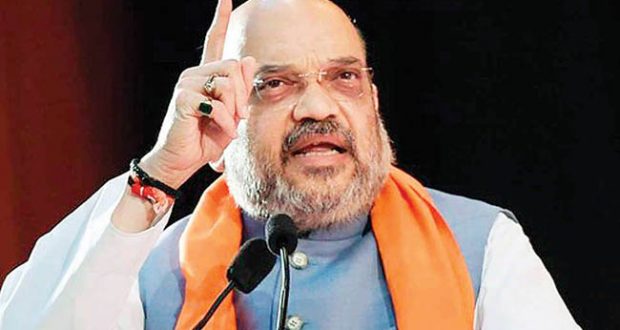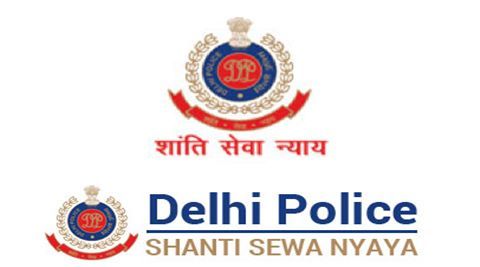Union Home Minister and Minister of Cooperation, Shri Amit Shah, delivered the 37th Intelligence Bureau Centenary Endowment Lecture in New Delhi . The event was attended by the Union Home Secretary, Director of the Intelligence Bureau, former Directors of the Intelligence Bureau, Directors General of Central Police Forces and Central Armed Police Forces, and senior officials from the Intelligence Bureau and the Ministry of Home Affairs.
In his speech, Shri Amit Shah commended the leadership of Prime Minister Shri Narendra Modi, noting that security agencies, under his guidance, have successfully addressed national threats in recent years. He emphasized that the country has overcome three long-standing security challenges—North-East insurgency, Left-Wing Extremism, and Kashmir-related violence—through strict policies and decisive actions taken by the Modi government. He highlighted that these efforts have resulted in a 70% reduction in violent incidents and an 86% decline in fatalities in these regions.
Shri Shah also praised the Intelligence Bureau for its vigilance, proactivity, and commitment, which have been pivotal in keeping the country secure. He pointed out that over the past decade, the Bureau has enhanced its operational effectiveness, maintaining its tradition of integrity, courage, and sacrifice. The Minister stressed that the success of any nation’s intelligence infrastructure is crucial to its sovereignty and development.
He discussed the evolving role of the intelligence ecosystem, identifying four key dimensions—society, sovereignty, security, and vigilance—and underscoring the importance of seamless coordination across these areas to maintain national safety. He noted that a secure society is essential for economic and social progress, as timely identification and elimination of threats help maintain societal trust and stability.
Shri Shah also emphasized that the concept of sovereignty today must extend beyond territorial boundaries to include technology, innovation, resources, and research, warning that any oversight in these areas could undermine national security. He pointed to the increasing digital threats, where cyberattacks on critical infrastructure are a real concern.
Addressing the evolving threats, such as those posed by Artificial Intelligence, Machine Learning, and cyberspace, Shri Shah stressed that vigilance must adapt to address not just physical threats but also information warfare, misinformation, and digital threats. He also mentioned that in the future, young officers will have a crucial role in equipping the Intelligence Bureau with the latest technological tools and ensuring they are well-prepared to face emerging challenges.
Shri Shah reiterated the government’s success in strengthening anti-terrorism efforts and improving coordination between agencies since 2014. He also highlighted recent criminal law reforms introduced by the Modi government, which, once fully implemented, will make India’s criminal justice system one of the most modern in the world, with a clear timeline for delivering justice.
The Union Home Minister also discussed the significant progress India has made under Prime Minister Modi’s leadership in becoming a global power, emphasizing that it is the nation’s responsibility to protect these achievements from divisive forces, misinformation, and cyber threats.
Finally, Shri Shah outlined the urgent need for agencies to address the rise of misinformation and radicalization, stressing that new methods and out-of-the-box thinking will be necessary to tackle these threats. He encouraged the Intelligence Bureau to focus on the use of advanced technologies, including Artificial Intelligence and Machine Learning, and to collaborate internationally for better intelligence sharing, especially concerning crypto-related issues and digital threats.
In conclusion, Shri Shah called on young officers to lead efforts in transforming the Intelligence Bureau into a cutting-edge agency capable of meeting the security needs of a rapidly evolving world.





